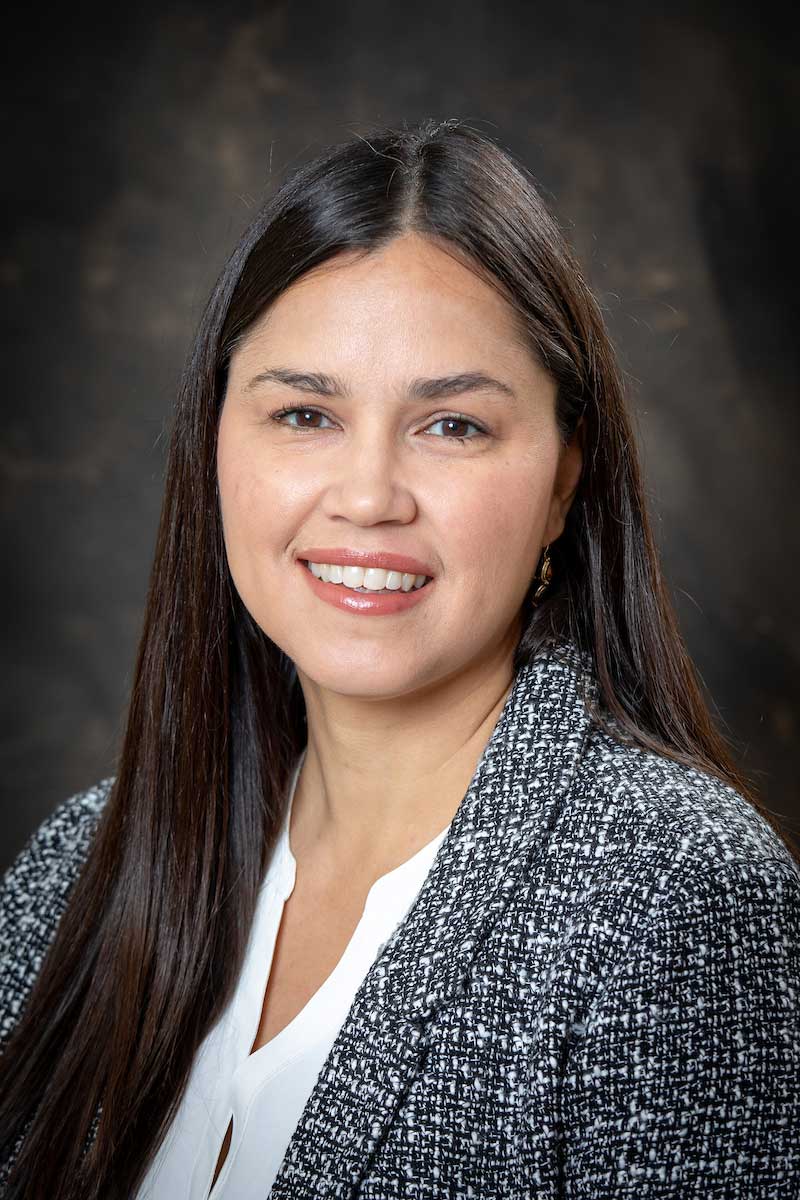Zuleida Herba
Assistant Professor, Counselor Education and Expressive Arts
Contact Information:
Education:
Research Interests:
My research focuses on the experiences of caregivers and their children with complex medical and developmental disabilities. It is grounded in various frameworks, including the medical and social models caregivers and individuals with disabilities will navigate. It integrates perspectives of the critical 'crip' disability community. It also draws upon an intersectional feminist framework to highlight how an intersection of gender, racial identity, sexuality, and visible/invisible disability identities can compound barriers to accessing crucial support within key systems. Through these epistemologies, I seek to reveal significant ways in which caregivers and their loved ones with a disability, who live at an intersection of marginalized identities, are often misunderstood and can become further marginalized and isolated from the community. My research addresses disability stigma, which contributes to isolation from family, friends, and community support and is associated in the literature with overall poor health and adverse outcomes. By examining these issues critically within research, I aim to continue to contribute to the current discourse and policy work to improve the lives of caregivers and individuals with disabilities overall.
Personal Statement:
I am a licensed mental health clinician (LMHC) with over 15 years in community, clinical, and private practice settings supporting individuals, families, and couples. My clinical work is integrative, drawing from trauma-informed and evidence-based practices. I hold several professional certifications, including EMDR, emotion-focused, and Gottman Couple’s Therapy, and I engage these modalities actively in practice.
My work in counseling psychology began to shift from supporting systems work towards disability issues as family members received disability diagnoses that were significant and impactful across multiple life domains. In my role at Salve Regina University, the mercy mission resonates deeply as I seek to highlight to students how an awareness of key moments in visible and invisible disability history, culture, practice, and policy, as well as the licensed clinician’s responsibility to act as an advocate for the vulnerable, can contribute to positive outcomes in the mental health field more broadly.
